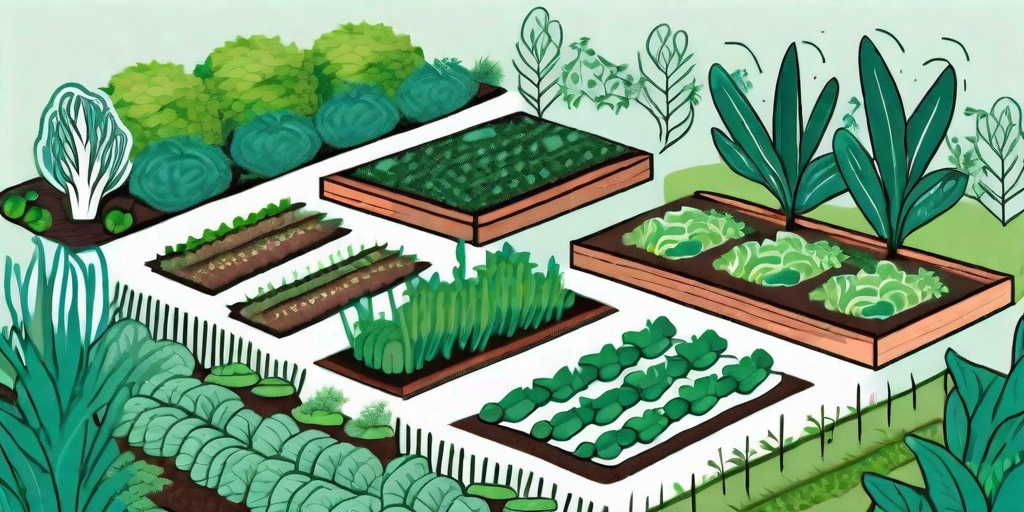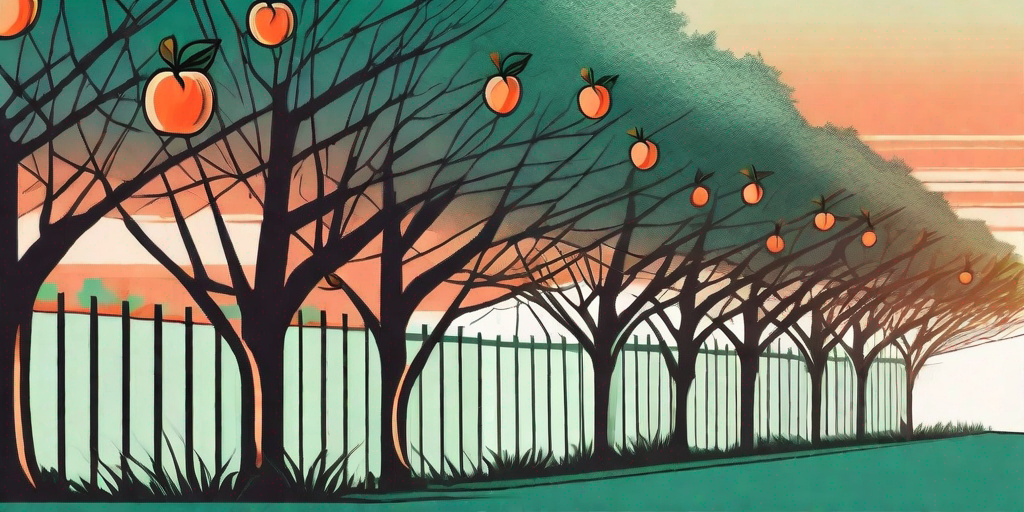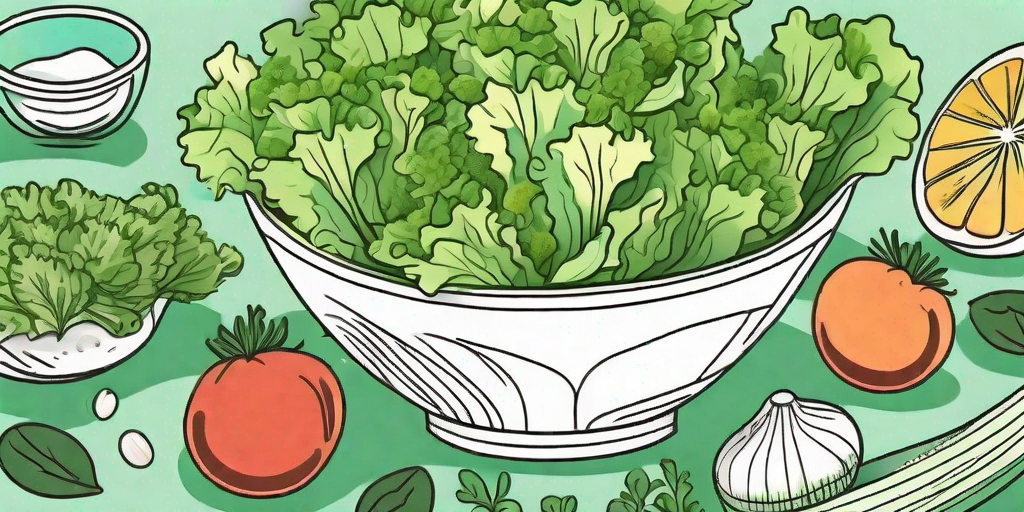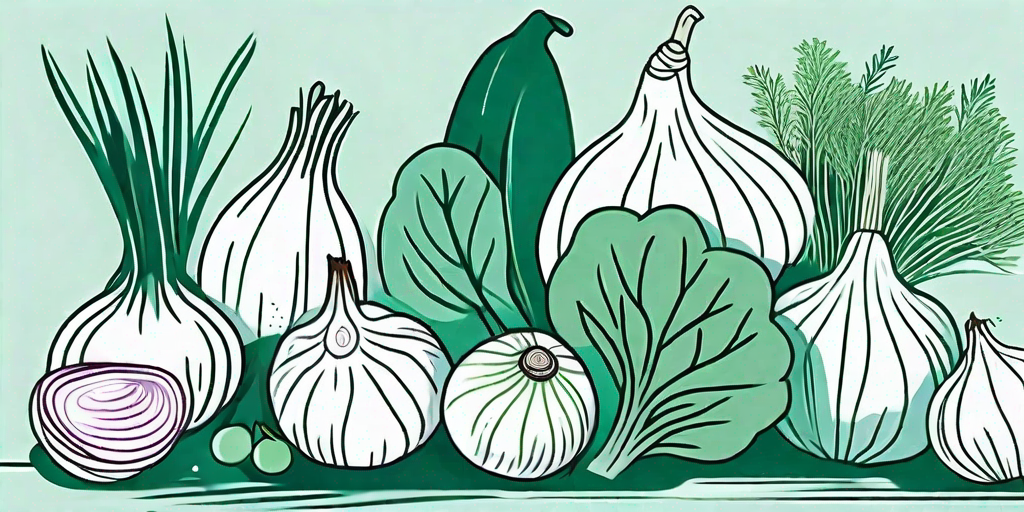
Welcome, garden enthusiasts and soil aficionados! If you're here, it means you're ready to get your hands dirty and dig deep into the world of vegetable gardening. But before you grab your shovel and start planting, let's talk about the secret ingredient to a thriving garden: the soil. Yes, that's right, the humble dirt beneath our feet plays a starring role in the garden drama.
The Importance of Soil
Soil is not just a medium to hold the plants upright. It's a bustling metropolis of microorganisms, a nutrient supermarket, a water management system, and an air circulation hub. It's the lifeblood of your garden. Without the right soil, your plants might as well be trying to grow on Mars.
So, what makes soil so important? Well, let's put on our lab coats and dive into the science behind it. Soil provides essential nutrients to plants, helps retain water, and allows for air circulation around the roots. In short, it's the all-in-one package for plant growth.
Nutrient Supply
Soil is like a 24/7 buffet for plants, supplying them with all the necessary nutrients they need to grow. These include macronutrients like nitrogen, phosphorus, and potassium, as well as a host of micronutrients like iron, zinc, and copper.
Each nutrient plays a unique role in plant growth. For example, nitrogen is crucial for leaf development, while phosphorus is essential for root growth and flowering. Without these nutrients, your plants will be like a car running on empty.
Water Retention
Soil is also a master at water management. It absorbs water like a sponge, holding onto it until the plants are ready to drink. This is crucial for preventing water-logging and ensuring your plants get a steady supply of water.
However, not all soils are created equal. Some soils, like clay, hold onto water too tightly, while others, like sand, let water slip through too quickly. The key is to find a soil that strikes a balance between water retention and drainage.
Air Circulation
Just like humans, plants need to breathe. They do this through their roots, which absorb oxygen from the air spaces in the soil. If the soil is too compacted, it can suffocate the roots, leading to stunted growth or even plant death.
That's why it's important to have a soil that's loose and crumbly, with plenty of air pockets. This allows for good air circulation and keeps your plants breathing easy.
Choosing the Right Soil
Now that we've covered the importance of soil, let's talk about how to choose the right one for your vegetable garden. This is where things get a bit tricky, as there's no one-size-fits-all answer. The best soil for your garden depends on what you're growing and your local climate conditions.
However, there are a few general guidelines you can follow. Most vegetables prefer a loamy soil, which is a mix of sand, silt, and clay. This type of soil has good drainage, retains moisture well, and is rich in nutrients.
Soil Texture
Soil texture refers to the proportions of sand, silt, and clay in the soil. This affects how well the soil drains, how much water it can hold, and how easy it is to work with.
As a rule of thumb, a good garden soil should have about 40% sand, 40% silt, and 20% clay. This creates a loamy soil that's easy to work with and provides a good balance of drainage and water retention.
Soil pH
Soil pH is another important factor to consider. This measures how acidic or alkaline the soil is. Most vegetables prefer a slightly acidic to neutral pH, between 6.0 and 7.0.
If your soil is too acidic or too alkaline, it can lock up certain nutrients, making them unavailable to plants. This can lead to nutrient deficiencies and poor plant growth.
Improving Your Soil
So, what if your soil isn't up to scratch? Don't worry, there's plenty you can do to improve it. From adding organic matter to adjusting the pH, here are some tips to get your soil in tip-top shape.
Remember, improving your soil is a long-term process. It's not something you can do overnight. But with patience and perseverance, you can transform even the poorest soil into a fertile paradise.
Adding Organic Matter
One of the best ways to improve your soil is to add organic matter. This can be in the form of compost, well-rotted manure, leaf mold, or green manure crops.
Organic matter improves soil structure, increases nutrient content, and boosts the soil's ability to hold onto water. It's like giving your soil a spa treatment, rejuvenating it and bringing it back to life.
Adjusting Soil pH
If your soil pH is off, you can adjust it using lime or sulfur. Lime raises the pH, making the soil more alkaline, while sulfur lowers the pH, making the soil more acidic.
However, before you start adding anything, it's important to test your soil pH first. You can do this using a soil pH test kit, which you can buy at any garden center.
FAQs
What is the best soil for vegetable gardening?
The best soil for vegetable gardening is loamy soil. This is a mix of sand, silt, and clay, and it provides a good balance of drainage, water retention, and nutrient content.
How can I improve my garden soil?
You can improve your garden soil by adding organic matter, such as compost or well-rotted manure. This improves soil structure, increases nutrient content, and boosts the soil's ability to hold onto water.
What is soil pH and why is it important?
Soil pH measures how acidic or alkaline the soil is. It's important because it affects the availability of nutrients in the soil. If the pH is too high or too low, it can lock up certain nutrients, making them unavailable to plants.
Conclusion
So there you have it, the secret to growing a thriving vegetable garden is all in the soil. By understanding the importance of soil and how to choose and improve it, you can set your garden up for success.
Remember, good soil is the foundation of a healthy garden. So before you start planting, take the time to get to know your soil. Your plants will thank you for it.
Now, grab your shovel and get digging. Happy gardening!











